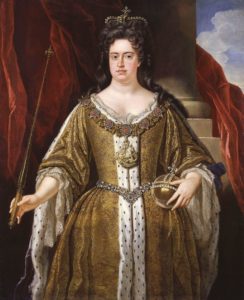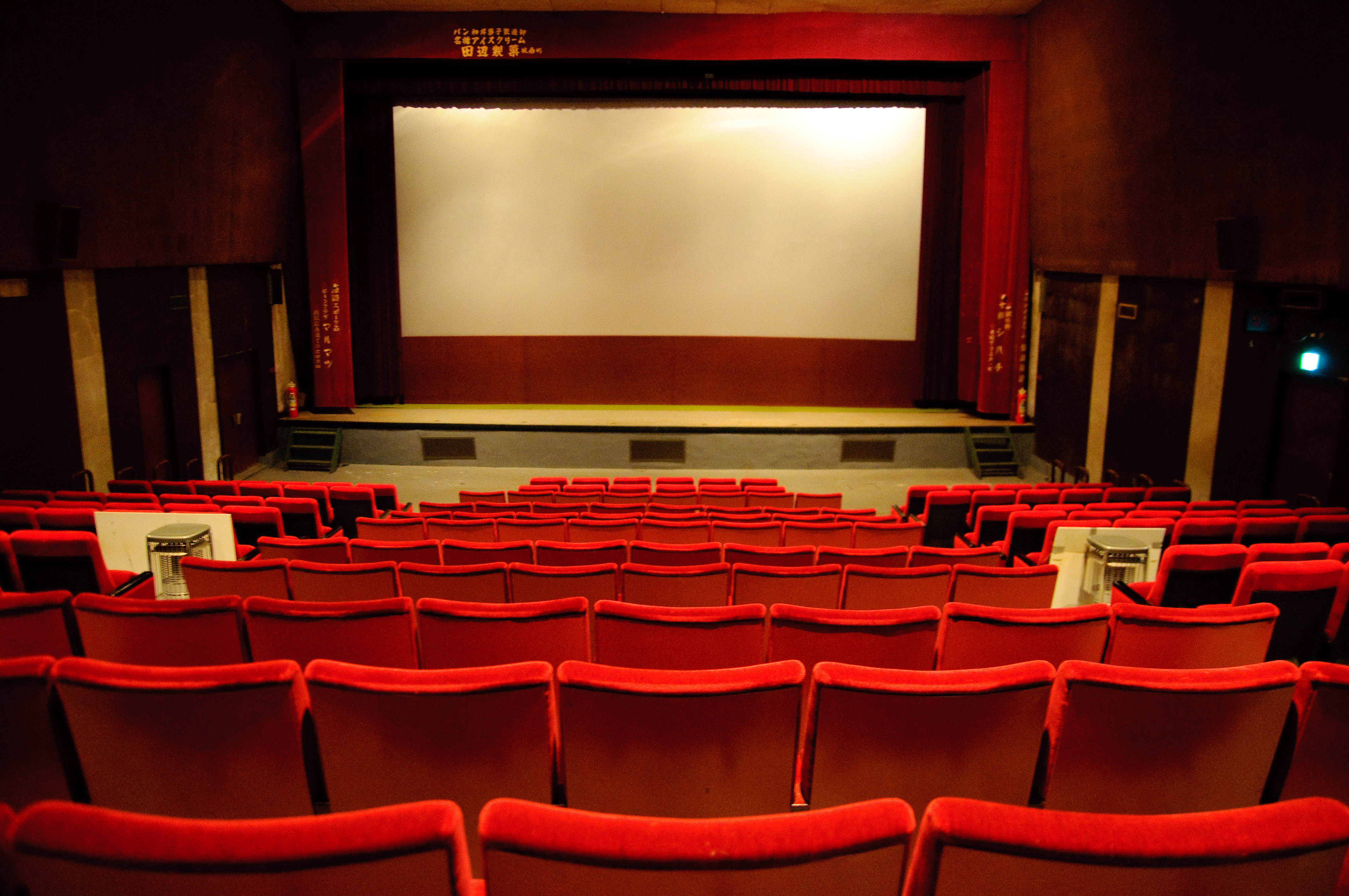Historical films come in all shapes and sizes, some much more blatantly disregarding of any form of historical accuracy. The Favourite and the other 5 historical films out of 8 that were up for Best Picture at the recent Academy Awards received similar criticism about the extent of historical accuracy and fidelity. It only seems to be in The Favourite’s case that this critique is also part of the praise of how the movie is redefining the historical film genre. Does ‘creative liberty’ in historical film making play into the environment of fake news, or is it crucial to presenting an interesting and relevant version of the past?
Classified on Wikipedia as a historical period satire film, it portrays two cousins battling each other to become the court favourite of Queen Anne. It is the portrayal of explicit lesbian relationships between the Queen and the two women that are at the centre of the argument that the movie is distorting the past. Movies are not society’s first source for reliable historical information, but considering the criticism surrounding how The Favourite treats historical events, there is certainly an expectation that movies not mislead their audiences.

Historical films and fake news
The truth seems to be a much more slippery concept to get a hold off recently given the political climate and the rise of fake news. Complete historical accuracy is however an unachievable ideal that perpetuates the idea that any practitioner of history, or communication more generally, can be completely objective. Historians and heritage professionals certainly aspire to accurately representing the past and culture, but as the word ‘represent’ points out, the process of interpretation is tangled up in subjectivity.
So when Simon Jenkins writes that the biopic about Dick Cheney in the movie Vice, another of the contenders for Best Picture, is part of the ‘new threat to truth’ along with other fake-history films, it plays into the expectation that these movies are expected to provide some form of truth. While he does specify that The Favourite’s treatment of history is less worrisome as it is much more distant history, I think this perception of the movies plays into mindset that audiences are passive receptors of culture.
In Hewison’s The Heritage Industry the state of heritage in the UK is critiqued for commercializing in order to pander to the entertainment needs of the people. Laurajane Smith’s response to this argument, captured in her Uses of Heritage book, and similar arguments was to question the assumption of perceiving the heritage audiences as passive receptors. The BBC’s coverage of The Favourite favoured this perspective, emphasizing that the film itself makes it clear that narrative has been prioritized over history.
Do films have a social responsibility?
I would argue that these movies don’t have the same social responsibility of providing a historical ‘truth’ in the way that historians and politicians do. They are attempts to make sense of the past and to bring a historical past that might be to a certain extent fictitious, to life. Therefore, they come with contemporary interests and narratives, and in the case of The Favourite contemporary colourful language. History and heritage studies are searching for ways in which to give space to new or previously unheard voices. A strict maintenance of historical accuracy would to a certain extent perpetuate the absence of these voices.
By presenting a female historical narrative in an engaging and currently relevant manner, the film hopefully rouses people’s interest in the past, whether Queen Anne was known to them before or not. The criticism can also be taken as an indicator that there is still a debate to be had outside of academic discussions of history. The BBC’s video fact checking the film with the help of experts, a biographer of Sarah Churchill and a curator at Kensington Palace, is indicative of people’s awareness of the fictitious core of the film and their interest in the ‘real’ history behind the movie. Experts are still relied on to provide an authentic truth. The modern technology used in the costumes as well as the modern language help bring the viewer closer to the characters, as well as indicating that it historical speculation since it is so distinct from the style of a documentary.
Historians being taken advantage of?
While I have argued that there is a distinct level of social responsibility between movies and historians or politics, there is a certain blurring of lines in the way that information is collected for this genre. A recent Guardian article discussed how academics providing information for history tv shows and other media forms have often gone uncredited or unpaid. If those individuals that I hold up to higher expectation of truth are the foundation for the content for tv shows, but their work is essentially being plagiarized, historical distortion also becomes a consequence of unfair working conditions. Historians and the media forms that are about historical events are not distinct, even though I would like to treat them as morally different.
Images:
feature image: Wikimedia Commons
Queen Anne: Wikipedia/NPG215
